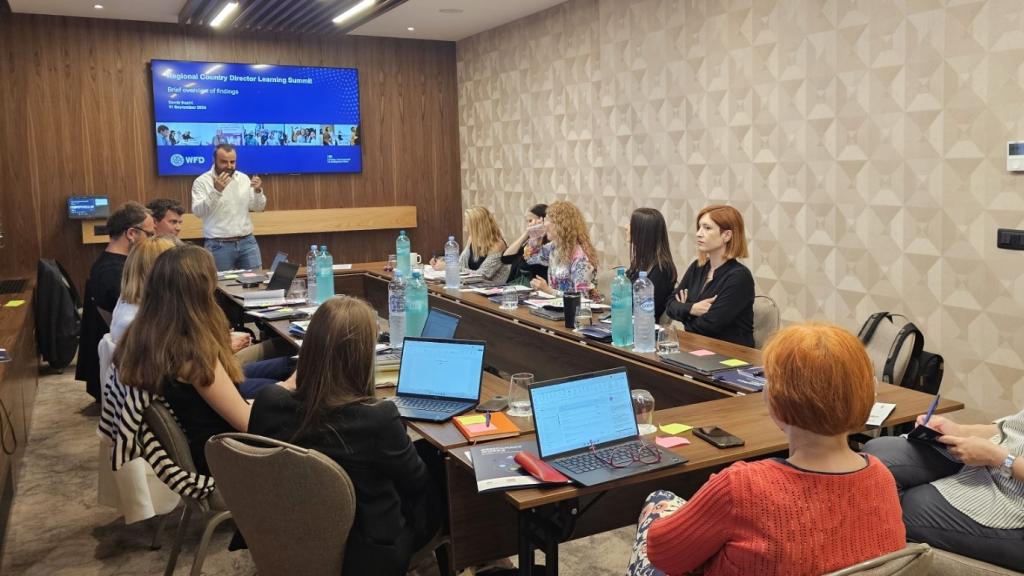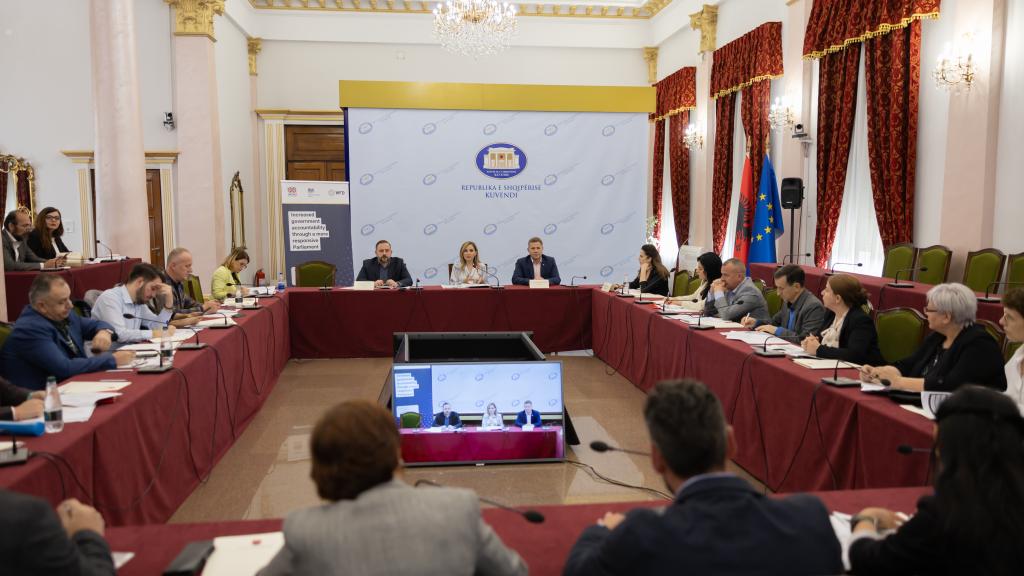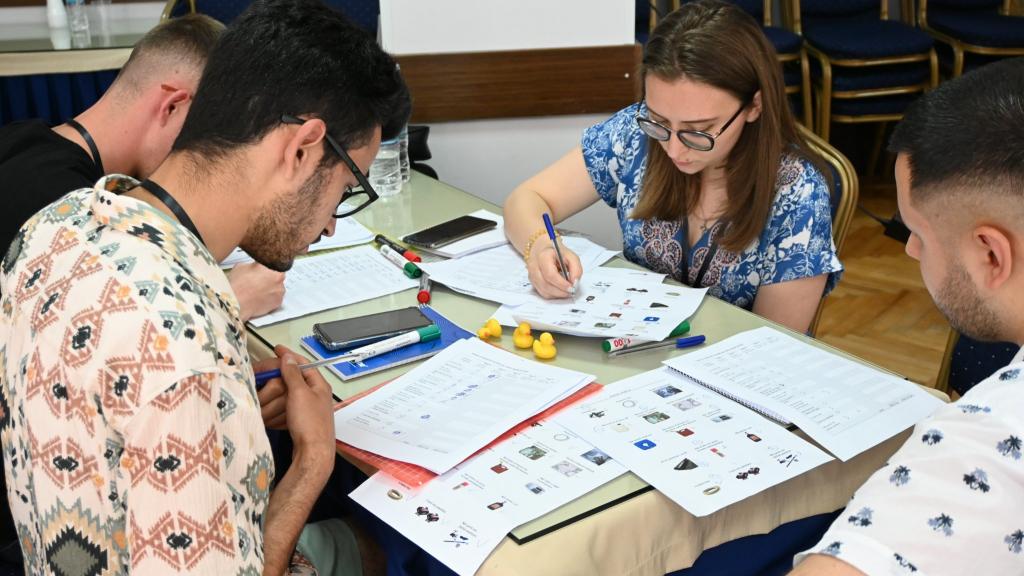WFD support for democracy to expand to Albania under new Western Balkans initiative

WFD has been active in the Western Balkans since the early 2000s, when it led efforts to stabilise the region’s political institutions in the wake of conflict between Serbia and Kosovo. Most recently, WFD focused on developing cross-national cooperation between national parliaments on financial scrutiny and transparency.
Despite efforts to improve governance in the region, support for political institutions, the rule of law, gender equality and post-conflict reconciliation remains critical, as highlighted in a recent House of Lords International Relations Committee Report.
Working across the region and in six countries, a new WFD programme, announced by Foreign Office Minister Alan Duncan, will support political parties in adopting policies that can have a positive impact on citizens’ lives. In line with WFD’s 2022 Strategy, it will also aim at improving parliamentary scrutiny of the executive and integrating non-state actors in the political process.
In Albania, WFD will aim to support political parties and parliament on EU integration reforms. It will help build trust in democracy by making parliament more accessible to citizens and civil society organisations and will also support parliament and civil society on initiatives to counter organised crime.
The initiative will see WFD establish a country office in Albania, following the recent visit to the country by WFD Chair Richard Graham MP (who held preliminary talks with the Chairman of the Parliament of Albania Gramoz Ruçi in Tirana in May).
In Bosnia and Herzegovina, WFD will work on youth political engagement and will seek to increase the number of women in politics, currently as low as 20% of elected officials. This builds on the work carried out by UK political parties, with support from the Foundation, ahead of the Bosnian Municipal Elections held in 2016.
Work in Kosovo will focus on developing local political parties while interventions in Macedonia will help tackle mistrust of public institutions, poor quality of legislation and weak scrutiny of public finances.
In Montenegro, WFD will support parliament in holding government to account as well as support the implementation of anti-corruption laws and public administration reform.
In Serbia, which hosts the WFD regional office, the programme will work to improve the quality of legislation as well as promoting broader political participation by citizens.
The new programme builds upon a 2015-2018 initiative to promote parliamentary oversight of national budgets and action on transparency as ways to build public trust in democracy across the Balkans. This was instrumental in establishing budget offices in the parliaments of Montenegro and Serbia. These independent bodies provide analysis on national economic performance, government budget proposals and taxation to legislators and the public.
The promotion of greater transparency and Open Government principles has also been at the heart of WFD’s membership in ActionSEE, a regional network of civil society organisations, which, in November 2017, launched the first Regional Openness Index. The index measures the level of national government transparency and how easy it is for citizens to access information.
The legacy of WFD’s work is ensured by the regional Network of Parliamentary Committees on Economy, Finance and European Integration of the Western Balkans (NPC), which WFD started supporting in 2012 and will continue to support the sharing of best practice and promote a “race to the top” across national boundaries.



